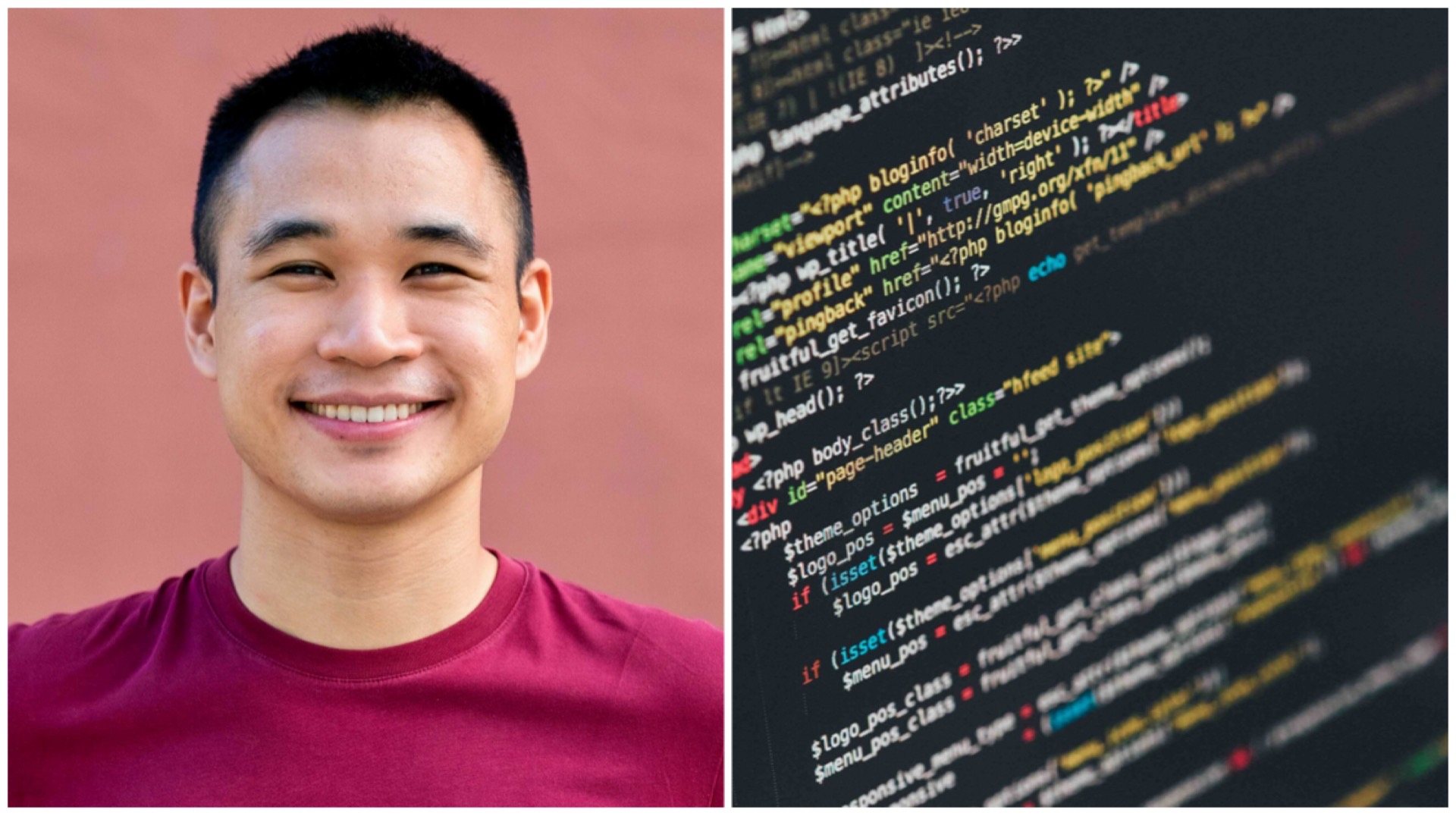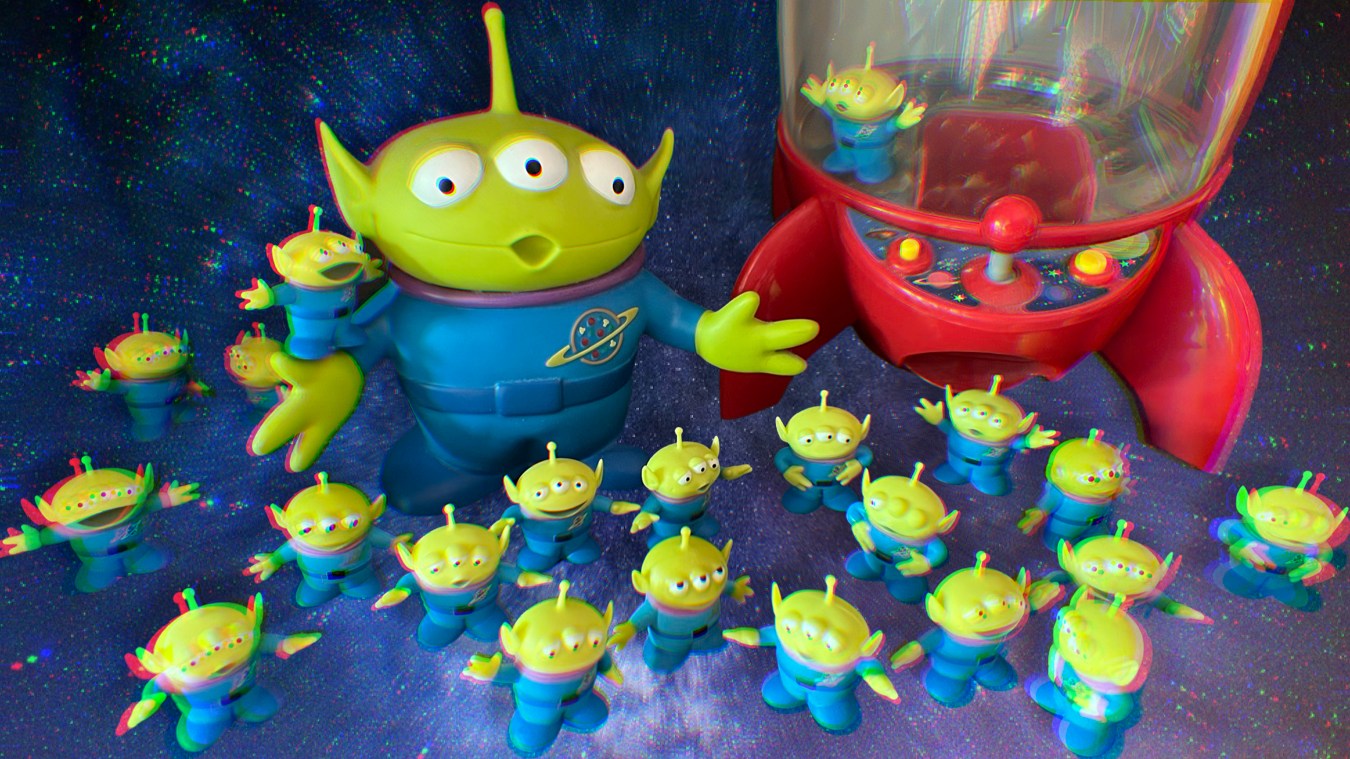Success With His Coding Academy Can Be Traced Back To His NS Survival Training
Javascript, Python, and SQL. No lah, these are not the latest Kpop boyband names. Rather, they are programming languages that allow you to "speak" with computers.
Started in 2019 by Neo Kai Yuan, Rocket Academy is an online bootcamp based in our Little Red Dot that trains software engineers - so far, the programme has seen a 100% hiring rate among its graduates.
Interested? Then mai tu liao because anyone can learn how to code; you don't even need a degree nor be from a similar career to get started.
We speak to the 31-year-old founder and Stanford graduate about how to get started.
You studied at Stanford, then did stints at Facebook and Alibaba, among other tech giants. Waseh, what an impressive résumé! Was studying Computer Science and working at such big companies your goal?
Thank you for the compliments! Prior to Stanford, I did not plan to study Computer Science (CS) and work at big tech companies. My dream was to build products that people love, and I entered Stanford planning to study Mechanical Engineering.
After loving my first CS class and visiting career fairs where many companies only wanted to hire software engineers, I decided to switch to CS.
To aspiring university students: Follow your passion. Every field will be transformed by software and will need people knowledgeable in both that field and software to contribute. One does not need to major in CS to be part of the revolution.
A 100% success hiring rate for your bootcamp graduates so far - that's sibei impressive! What are some of your academy's biggest success stories?
100% (16 out of 16; 40+ currently enrolled) of Rocket’s Bootcamp graduates got jobs as software engineers within 3 months of graduation, and all were career switchers. Many of Rocket’s students come from top companies and universities, but several also come from less traditional backgrounds, and succeed nonetheless.
One example of a graduate that succeeded despite a less traditional background is Effy from FTBC3 (Full-Time Bootcamp Batch 3). Effy’s highest formal education is secondary school, and he was a delivery rider, personal trainer and climbing instructor prior to joining Rocket. He eventually graduated as a software engineer within 2 weeks.
There are several examples like Effy’s, such as Michelle (FTBC2), who was a horse trainer and now a software engineer at Rocket; and Perry (FTBC0), who was a chef and now software engineer at Glints.
Rocket’s graduates have gotten offers from top tech companies in Singapore such as Grab, Ninja Van, 99.co, Xfers, Glints, GovTech and more. I am proud of every Rocket graduate and excited for the Rocket community to support them for the rest of their careers.
How far have you grown and taken the start-up in 2 years?
Rocket has taught over 700 students in our free Coding Basics course and over 60 students in our paid Software Engineering Bootcamp (40+ currently enrolled) - 90% of the students enrolled in 2021.
We currently have 10 full-timers and roughly 20 part-timers and contractors. This is up from 2 full-timers (Akira and me) from mid-2020 to mid-2021, and 1 full-timer (me) for about 9 months before that.
Rocket has 50 angel and VC investors that invested a combined US$1.1M (S$1.5M) in Rocket in August 2021. I am excited to partner with these prolific investors, entrepreneurs and engineers to provide the best opportunities for Rocket students and alumni.
Rocket is just starting on our mission to attract and train the best software engineers, and I cannot wait to see Rocket alumni flourish in the coming years!
Learning to code is daunting to many. Share-share some tips or debunk some myths for people who want to start leh!
Congratulations on taking the first step and reading this article!
Tips
- There is no better way to learn coding than to write code. There are many high-quality and free tutorials online. Rocket Academy offers a free 6-week part-time Coding Basics course and hundreds of students register every month!
- Learning to code is like learning a new language. One must immerse oneself in it, and practice it regularly.
- Everyone (including software engineers) gets stuck on coding problems, but every problem can be solved with determination, logic and Google.
Myths
“Coding is only for straight-A students.”
- Rocket’s recent graduate Effy’s highest formal education was secondary school, and he became a software engineer for an electric vehicle charging company within 2 weeks of graduation. Persistence, logical thinking and clear communication are key.
“I need to be good at math to code.”
- Coding is more like writing essays than solving math problems. It is important that our code does what we expect, but it is equally if not more important that others on our team can read and understand how our code works.
“Without a Computer Science degree, I will be disadvantaged as a software engineer.”
- I know many successful software engineers that did not study CS in school. As engineers it’s important to continuously bolster our computer science knowledge, but there is a shortage of good engineers everywhere and companies will hire anyone good regardless of formal education.
- My sister is one such example; she was an Economics major, management consultant, did a coding bootcamp in the US and is now Lead Data Scientist at online wholesale marketplace Faire.
Apart from intentions to expand overseas, what are some other exciting plans for Rocket?
Rocket’s Education Team led by Chief Product Officer Akira is upgrading all of Rocket’s course material to be more beginner-friendly and to best teach foundations. This will benefit all students, and I am excited for Rocket to continuously upgrade our courses.
Rocket’s Platform Team also led by Chief Product Officer Akira (we are hiring!) is developing software for Rocket students and staff to track progress. This will help Rocket provide the best educational experience to more students.
Rocket’s COO Steph and her team are planning Rocket’s first company retreat in early December. This is important for Team Rocket to align on our mission, vision and values and to spend quality time together.
You mentioned that the pandemic was actually an ideal time to take the business further since there was a shortage of skilled software engineers. How so?
For the past few years, there has been a shortage of good software engineers everywhere. Covid-19 exacerbated this because of the shift to online services, which require software engineers to develop. Companies are hungrier than ever to hire good software engineers regardless of their background.
Covid-19 accelerated the decline of many traditional industries, leading more to seek careers in growth industries such as tech, where software engineering is the most in-demand job.
The pandemic has forced many to do more things online, leading more to feel comfortable learning online at a school such as Rocket Academy.
Mentally, it's been draining for many people. Despite how well things have gone professionally, how have you dealt with Covid-19 personally?
I am grateful to Singapore, especially our front-line workers for keeping everyone safe during the pandemic. Singapore had minimal deaths due to Covid and minimal (to my knowledge) horror stories of healthcare services not being available to those who needed them.
During Circuit Breaker in Singapore, I took many walks in the park. Since then, I have been diligently maintaining my personal health and spending time with family.

NS seemed to have had a life-changing impact on you, especially since you did not grow up in Singapore. What are some lasting takeaways, fellow Singaporean Son?
I was an infantry officer and after OCS served as a platoon commander in HQ 2SIB RSTA Company. As someone who did not grow up in Singapore (parents worked in HK and the US), my NS experience inspired me profoundly.
NS led me to describe myself as “from Singapore” and not “from Hong Kong” to anyone I met subsequently. Despite going to Stanford after NS, I knew I wanted to return to Singapore to live and work.
I met some of my best friends during NS. These friends have supported and sustained me during the decade since we served together, and I could not be more grateful for them. Some of them even invested in Rocket Academy during Rocket’s fundraising in August!
Possibly most importantly, NS and, more specifically, survival training as an infantry recce officer led me to appreciate basic needs, motivating me to help others achieve basic needs in my career. I have only worked at healthcare and education companies since I graduated from Stanford.
For the latest updates on Wonderwall.sg, be sure to follow us on Facebook, Instagram and Telegram. If you have a story idea for us, email us at [email protected].










